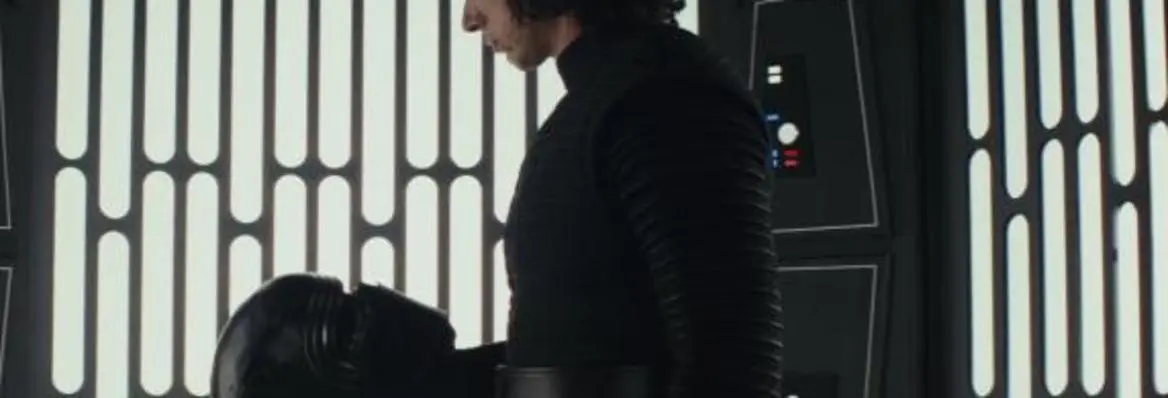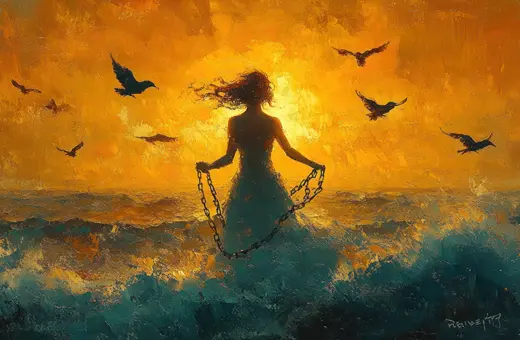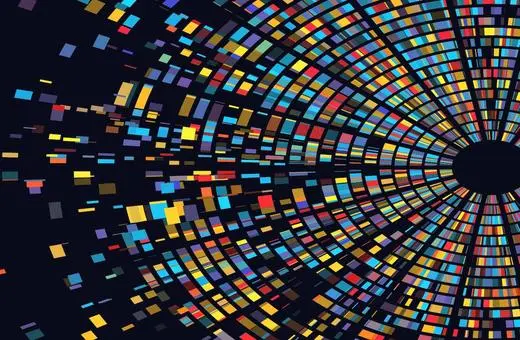In every Star Wars film destiny is a central theme, and The Last Jedi is no exception. The main characters – including Kylo Ren, Rey, and Luke Skywalker – are explicitly portrayed as possessing a fixed destiny in that their futures are preordained by a mysterious energy field that governs the entire universe: the Force. This same energy is also presented as determining the outcome of the struggle between the warring sides in which the main characters play their part: the Resistance and the First Order. But here lies a puzzle: the characters are explicitly portrayed as making many free choices, for which they are being morally responsible. But how can someone make free choices they are responsible for if their future is fixed by something outside of their control?
Let’s begin by getting clear on how it might be possible for the future to be fixed. If forthcoming events are already determined by present or past events in that universe, then the universe is deterministic. A universe is deterministic if every event in it has a sufficient cause (a prior occurrence which is ‘enough’ to bring about each event). If a universe is deterministic, then everything that happens in it is made to do so by what has already happened. And here, ‘everything’ really means everything: all the happenings from the tiniest subatomic fluctuations to supernovas, galactic collisions, and all that’s in-between; including, most importantly, people’s actions. And so, given the complete state of the universe at any time, its future state at any point in time is predetermined.
So, we can make sense of how futures can be fixed in the Star Wars universe if we understand it as deterministic. Kylo, Rey, and Luke have destinies because everything that occurs in the universe – including their every thought and action – is determined by what has happened up to that point. And Star Wars lore tells us that the Force is the main determinant of what happens, especially, it seems, when it comes to the fates of people and polities.
___
"Either our universe is predetermined like the Star Wars universe, or it’s indeterministic. But either way, it’s not immediately obvious that free will in a significant enough sense is possible."
___















Join the conversation